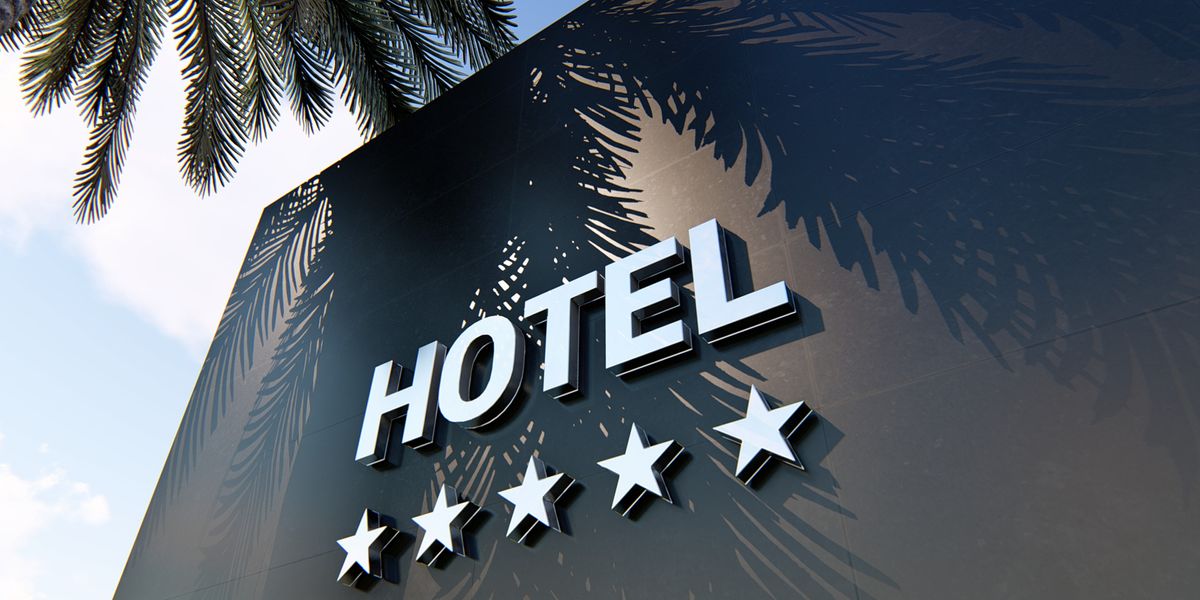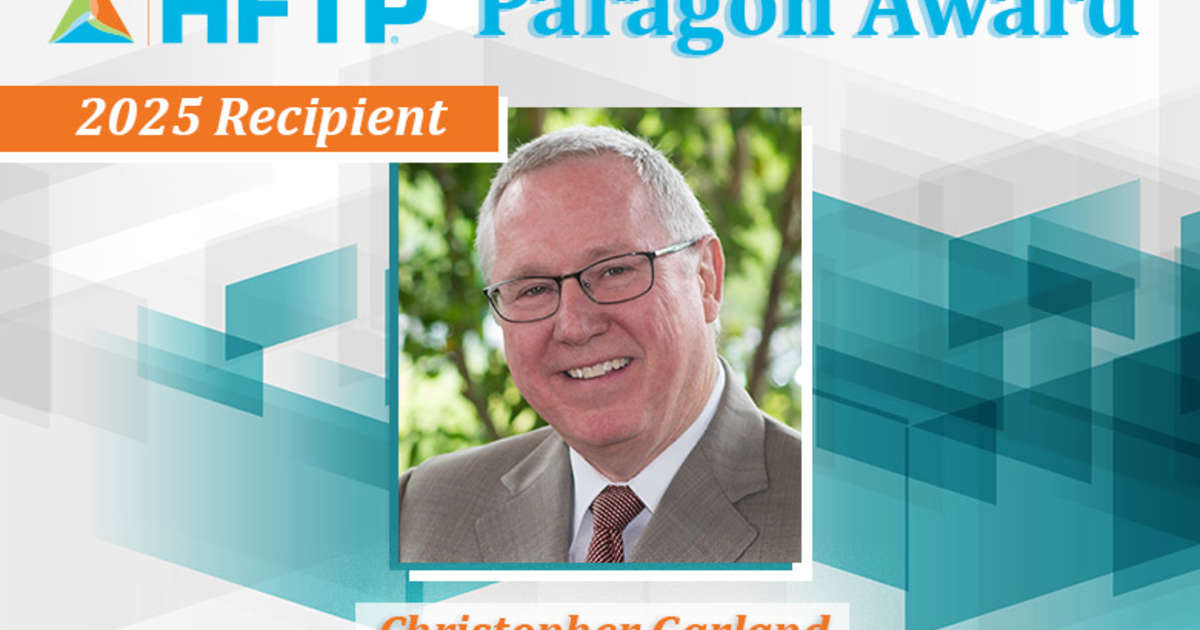
A recent polling “Would you drop your price or run a last minute OTA promo?” and related discussion on LinkedIn prompted my comments on this age-old dilemma in hospitality.
The question is: Is it a good revenue management practice to offer last-minute discounts in your publicly available distribution channels like hotel website, OTAs, GDS, social media, digital marketing, etc.?
Last-minute discounting in hospitality are not a new phenomenon. There have been many attempts to find a way to dispose of these empty rooms at any cost. Theoretically it makes economic sense: it is 4PM, I have 20 empty rooms, and if I sell them at 50% off BAR, I will still be making some money from my otherwise perishable inventory, right? Wrong!
Last-minute discounting in hospitality is not sustainable as this approach jeopardizes existing and already researched-and planned bookings from all other distribution channels (hotel website and mobile app, voice, OTAs, GDS, corporate transients and groups, SMERFs, wholesalers, etc.).
Typical leisure and unmanaged business travelers engage with multitude of different digital touch points (Google Research claimed 48 such touch points) and are shopping around like crazy pre-, during and post the Booking Phase of the digital customer journey. How would they react when they find out that the $200 room they booked a week ago could now be booked for $125 on the property website or an OTA?
In my view, last-minute discounting is a super lazy and rookie approach to revenue management and a sure downward spiral to hotel insolvency. One question: why airlines and car rental companies never engage in last-minute discounting? Because they are smart and understand that whoever books the last minute has either urgent need or urge to travel and is willing to pay more to satisfy this need or urge.
As a matter of principle, all major hotel chains avoid last-minute discounting since it is against best revenue management practices, contractual obligations with third-party distributors, preferred corporate accounts, group rate contracts, etc.
Hospitality should finally learn something from the airlines who invented revenue management more than half a century ago (they call it yield management): the closer to the departure date, the higher the airfares!
What Should Hoteliers Do to Avoid Last Minute Discounting?
To begin with, if hoteliers are doing everything right in the direct online channel, the hotel would not need to use last-minute discounters. Instead of relying on last-minute discounters, hoteliers should invest in the direct online channel and make it a mission to decrease dependency on OTAs and intermediaries.
The only time to engage in any kind of discounting is for a) advance bookings, b) CRM marketing promotions, and c) selling on value and not on rate alone.
- Advance Bookings: reward your guests for booking early and allowing you to have peace of mind with solid business on the books. Offer 10%-15% discounts for non-refundable 14- or 21-day advance bookings, based on your property’s booking window.
- CRM Marketing Promotions: With a solid CRM database and CRM technology fully integrated with your PMS, you can do a targeted CRM promotion for a need period, targeting people living within driving distance or reasonable travel time from the property who do not have an existing reservation for the need dates. For example, you can send a promotion on Monday-Tuesday for the upcoming weekend that is 3-4 days ahead. CRM promotions allow one-to-one marketing, without exposing your discounted rates to the public and to customers who have already booked or are planning to book your property.
- Selling on Value: The hospitality industry needs to relearn how to sell on value vs price alone! The OTAs are the masters of selling on price, hoteliers have no chance outwitting or outspending them in their marketing efforts. But selling on value? This is where hoteliers can truly outwit the OTAs and provide real value to your customers.
In place of “naked” rate discounts and last-minute deals, come up with weekend specials, de-stressing and spa packages, family packages, museum packages, romantic getaways, girls getaways, activity packages, special occasion and F&B packages and promotions, work-from-hotel packages, limited time offers, advance purchase promotions, packages with complimentary amenities and upgrades, loyalty member promotions, etc. that you can use to target your local, short-haul and drive-in feeder markets?
In conclusion
Revenue management 101: the closer to the arrival date, the higher the rate. Whoever books the last minute has either urgent need or urge to travel and is willing to pay more to satisfy this need or urge.

